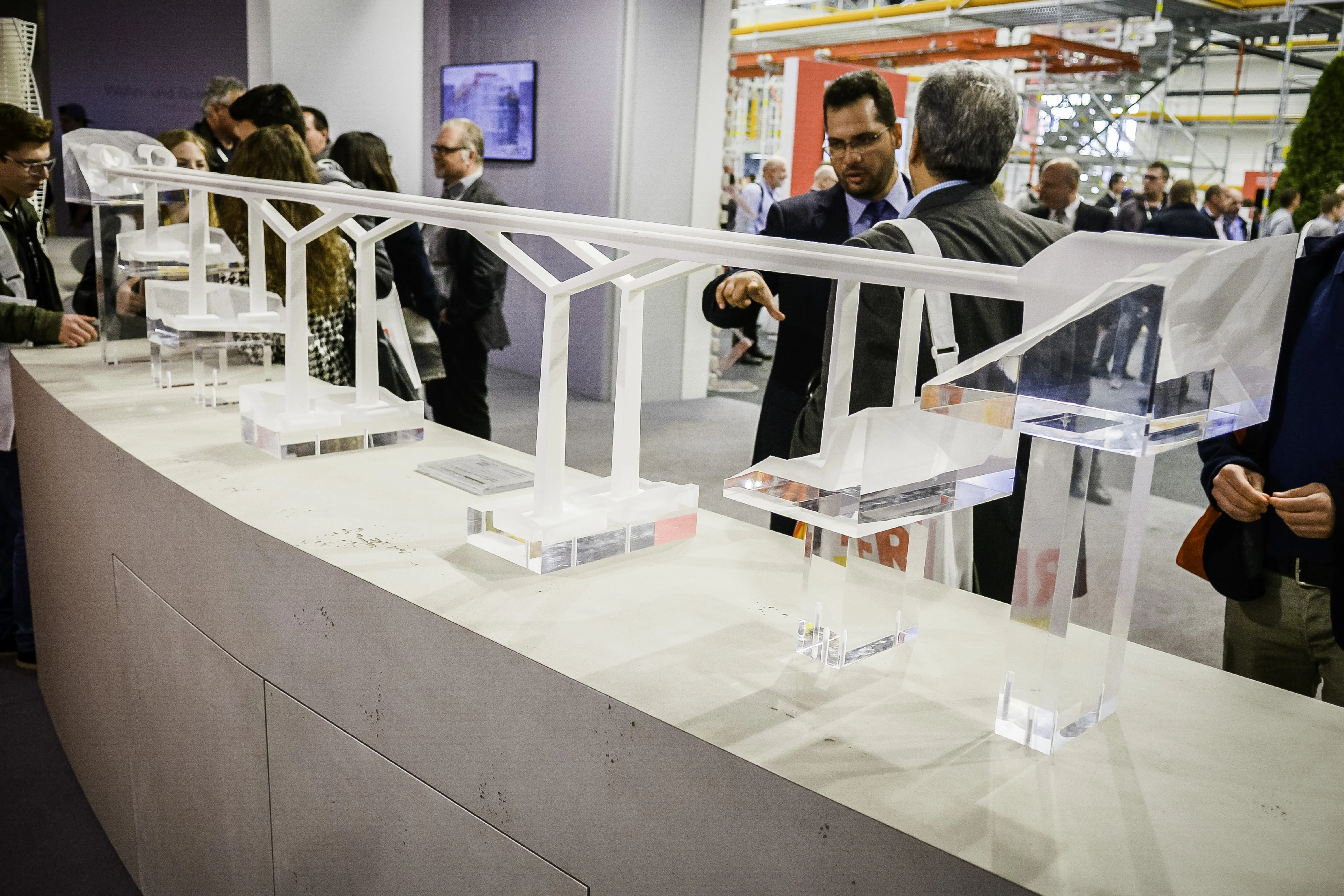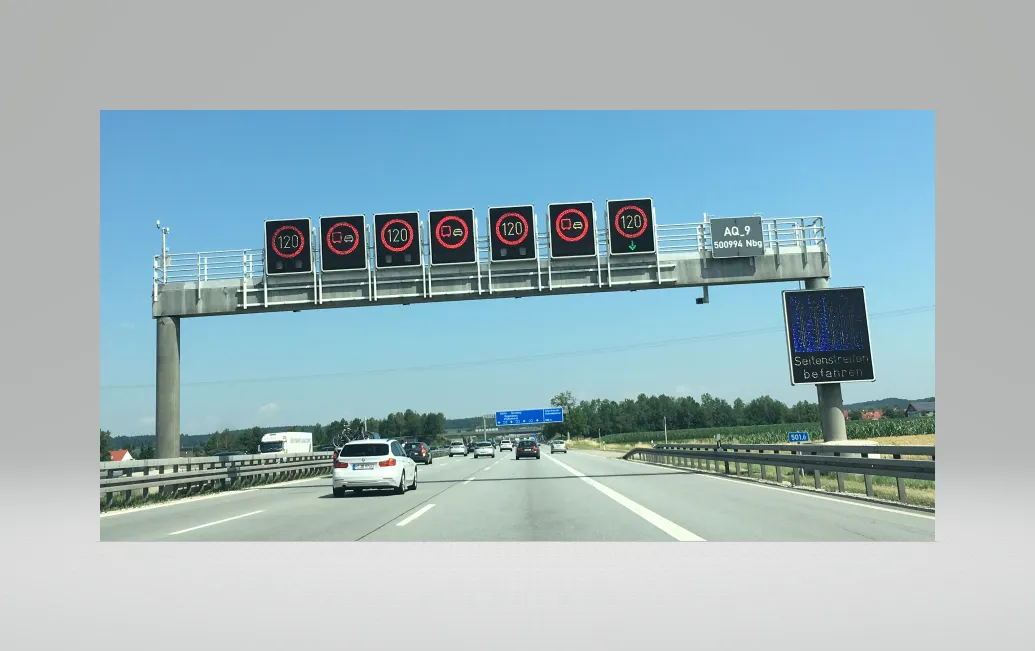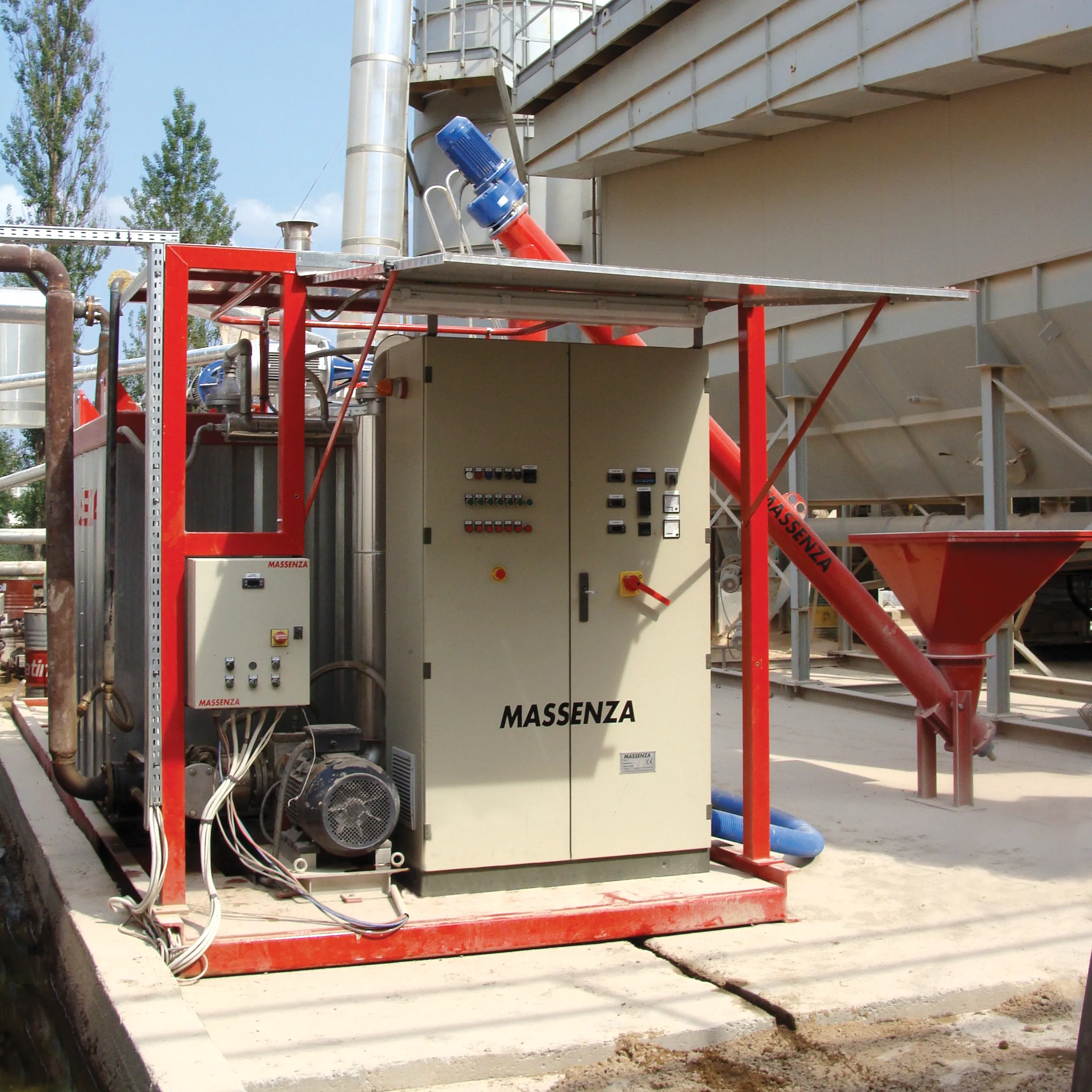
The Filstal bridge, which is on the new high-speed line between Stuttgart and Ulm, is one of four projects chosen by Germany’s Federal Ministry of Transport and Digital Infrastructure (BMVI) to investigate the benefits of BIM. The foundations for the bridge are in place, with Peri currently working on the designs for the pier formwork.
Used to some extent in markets including the UK and US, BIM is a fast-developing technology that Peri expects to spread to other global markets. “BIM is a big topic for us: in the future companies will use BIM technology more and more,” said Peri marketing specialist Martina Pankoke.
Peri’s head of engineering tools & innovation, Jochen Köhler, hopes that BIM will help improve safety as well as bringing time efficiencies through clash detection, which is a more generally understood benefit of BIM. “We want to provide a check list for the climbing formwork so that the person responsible knows exactly what needs to be checked before anyone goes on that scaffold,” said Köhler.
The BIM safety feature would see information such as a check list, assembly information and a sign-off form attached to the BIM model. Other related developments could include the use of QR codes on bespoke elements that would inform the formwork contractor where the element should go, and how it would be installed.
Köhler sees the shift from current practices to the use of BIM as a significant one, comparable to the move from hand-drafted designs to CAD.
“We don’t know how we will be working with BIM in five years, no one knows, but we do know that we have to start now,” he concluded.









